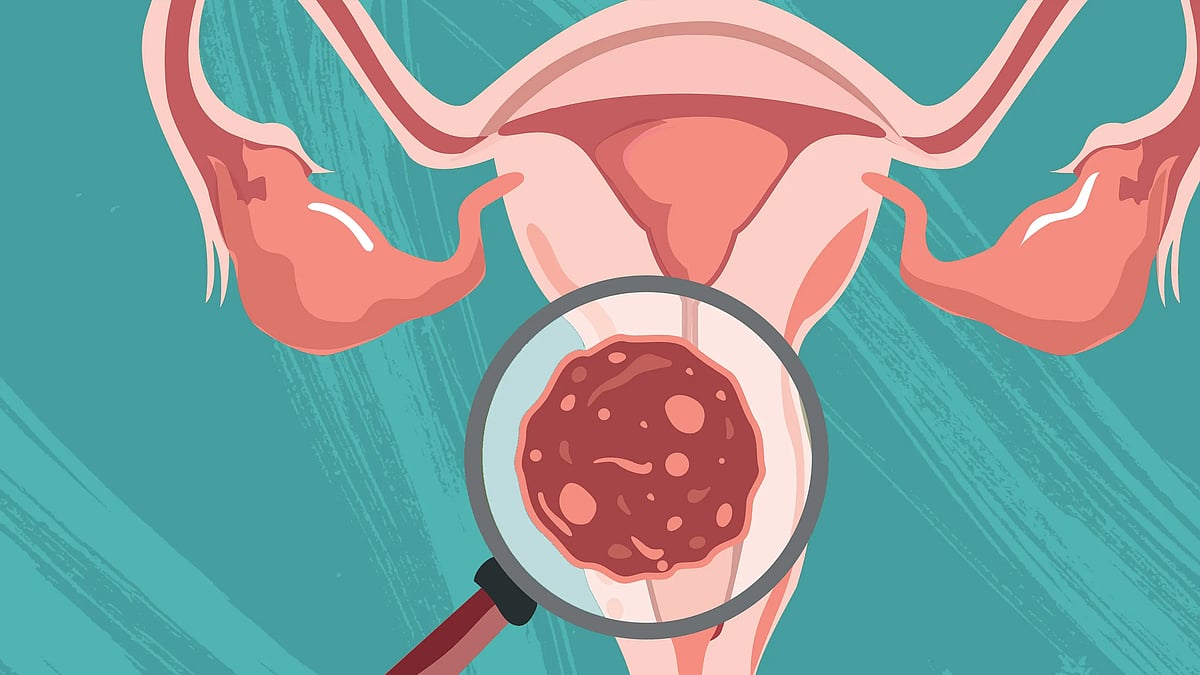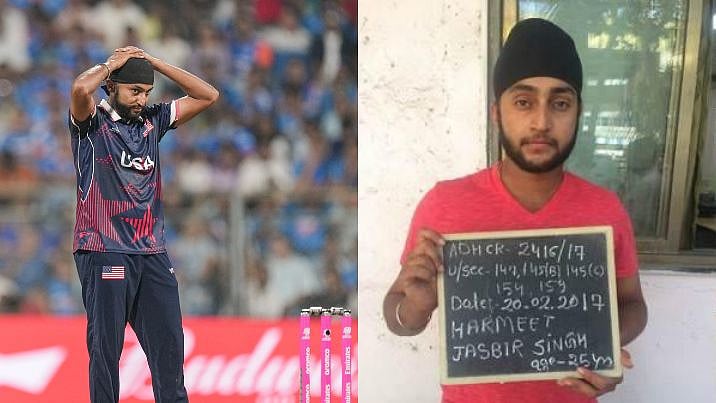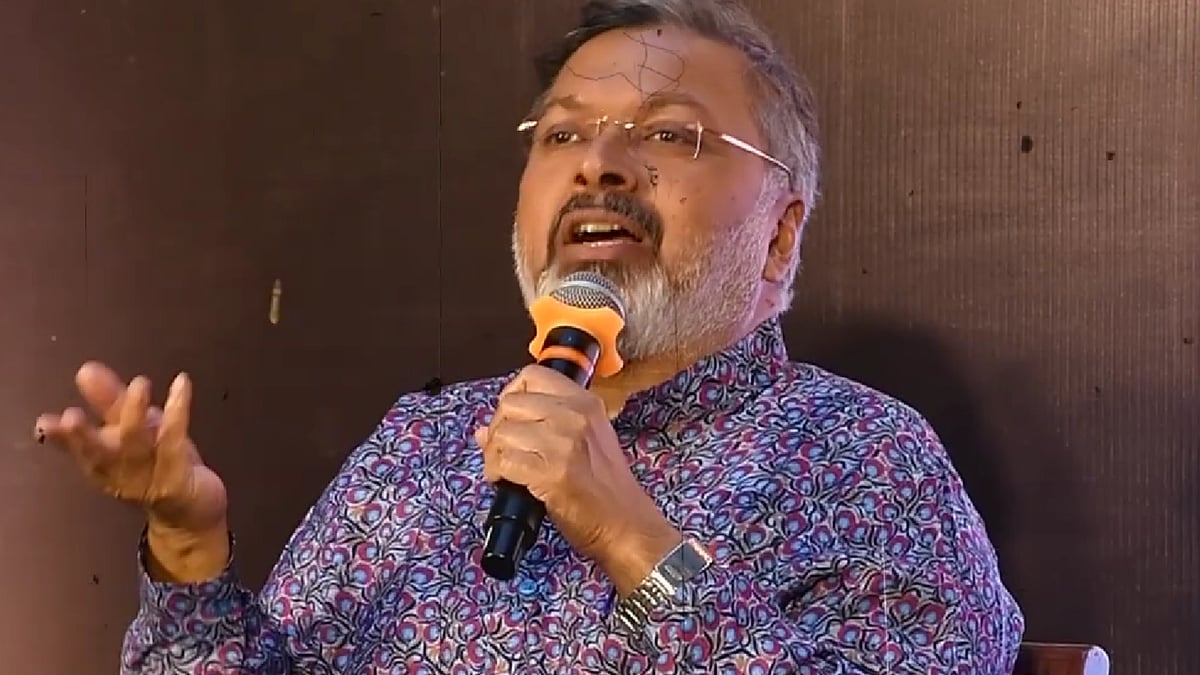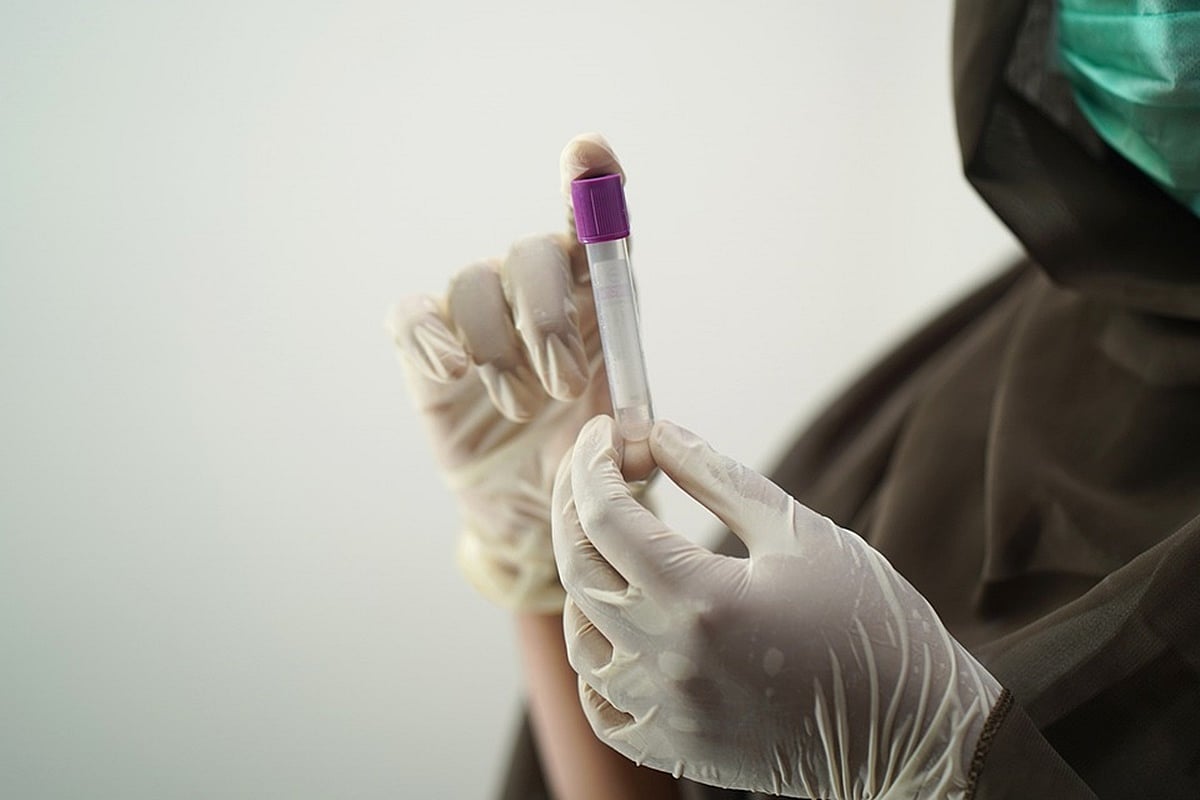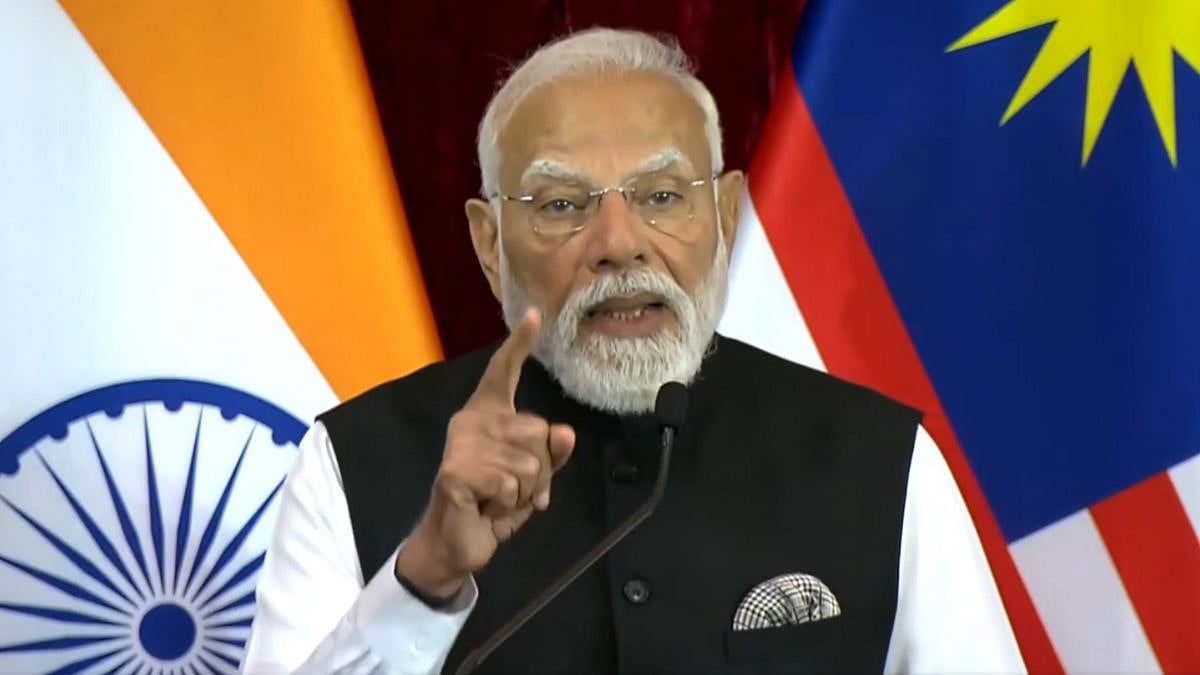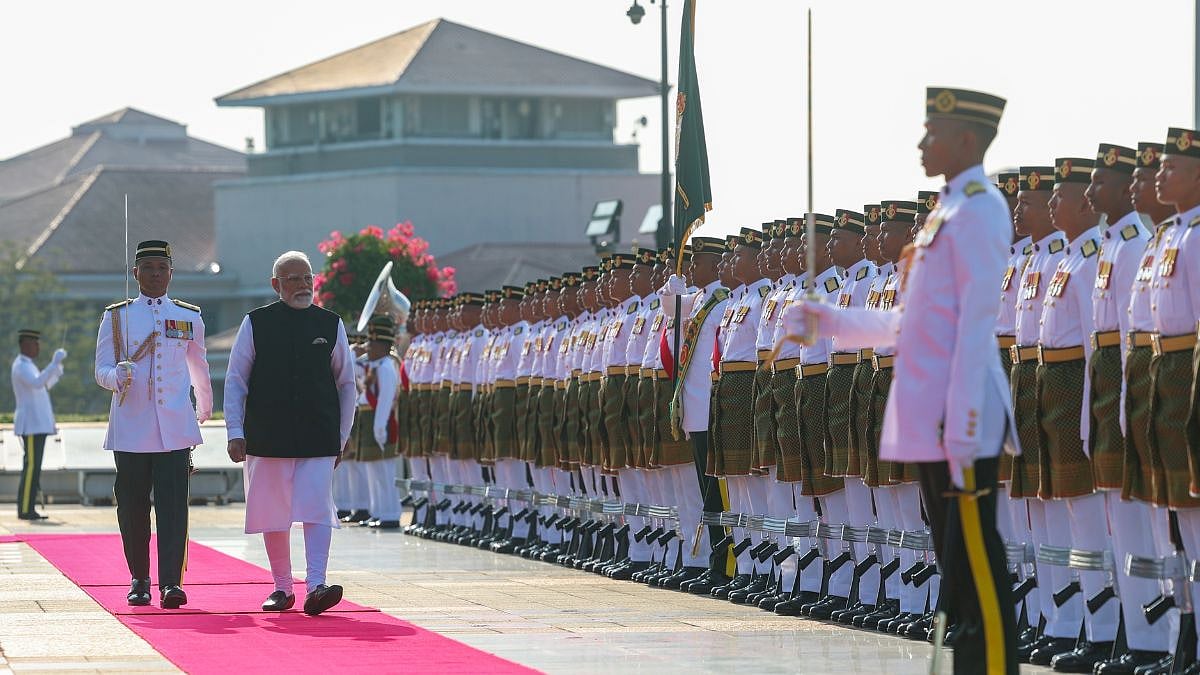New Delhi: The Serum Institute of India has sought the government's permission to manufacture and stockpile indigenously developed Quadrivalent Human Papillomavirus (qHPV) vaccine against cervical cancer after the completion of the phase 2/3 clinical trials to ensure its early availability in the country, official sources said on Sunday.
The firm will soon seek market authorisation as well as a manufacturing licence from the Drugs Controller General of India (DCGI) for the vaccine, they said.
In a letter to the Union health ministry, Prakash Kumar Singh, director of Government and Regulatory Affairs at SII, is learnt to have said that the manufacturing of qHPV takes five-six months.
"We are ready to manufacture and stockpile qHPV at our own risk in view of early availability of this life-saving vaccine for the citizens of our country," an official source quoted Singh as having said in the letter.
The application mentions that every year, lakhs of women are diagnosed with cervical cancer and the death ratio is also very high. In India, cervical cancer ranks as the second most frequent cancer among women in the 15-44 age group.
"Currently, our country is fully dependent only on foreign manufacturers for vaccine against cervical cancer and the citizens of our country are bound to buy these vaccines at a very high price.
"We have been working for more than five years under the leadership of our CEO Adar C Poonawalla for making available indigenous world-class vaccine against cervical cancer i.e. Quadrivalent Human Papillomavirus vaccine," Singh is learnt to have said in his letter.
"In line with the clarion call of our Prime Minister Narendra Modi (for) 'Making in India for the World' and 'Affordable Vaccines for All', we assure you that this year our qHPV vaccine will be available for the people of our country and the world at large," he said.
An official source aware of the development said if the government approves the SII's proposal, then it will save a significant amount of time to include the indigenously developed qHPV in the Universal Immunisation Programme.
Cervical cancer is the fourth most common cancer in women worldwide and second most common cancer in women living in less developed regions. World Health Organization (WHO) estimated 530 000 new cases of cervical cancer globally (estimations for 2012), with approximately 270 000 deaths (representing 7.5% of all female cancer deaths). More than 85% of these deaths occurred in low- and middle-income countries.
India has a population of 436.76 million women aged 15 years and older who are at risk of developing cervical cancer. Every year 122844 women are diagnosed with cervical cancer and 67477 die from the disease (estimations for 2012). In India cervical cancer is the second most common cancer among women and also the second most common cancer among women between 15 and 44 years of age.
Nearly all cases of cervical cancer can be attributable to Human papillomavirus (HPV) infection. HPV is a group of viruses and one of the causative agents in the sexually transmitted infections (STIs) in men and women with and without clinical lesions. HPV types (16 and 18) cause 70% of cervical cancers and precancerous cervical lesions worldwide.
Based on Indian studies about 82.7% of invasive cervical cancers showed the presence of HPVs 16 or 18 (Systematic reviews and meta-analyses of the literatures by ICO HPV Information Centre)*.
Other epidemiological risk factors for cervical cancer are early age at marriage, multiple sexual partners, multiple pregnancies, poor genital hygiene, malnutrition, use of oral contraceptives, and lack of awareness.
India also has the highest (age standardized) incidence rate as 22 (per 100,000 women per year) of cervical cancer in South Asia (estimations for 2012), compared to 19.2 in Bangladesh, 13 in Sri Lanka, and 2.8 in Iran.
Cervical cancer can be prevented by vaccinating all young females against the HPVs and by screening and treating precancerous lesions in women. In addition if cervical cancer is detected early and treated in earlier stages it can be cured.
(with inputs from PTI)
